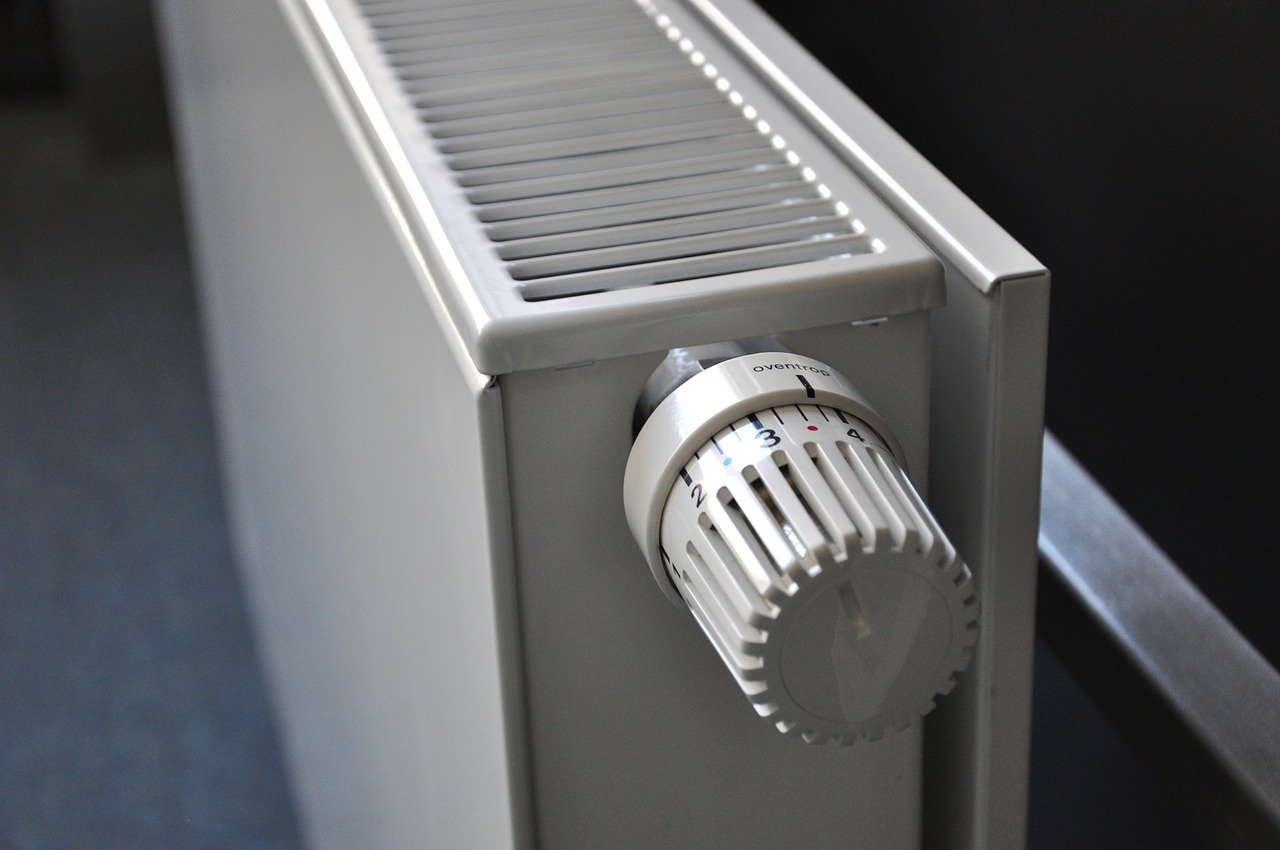
08 September THE MOST RESPONSIBLE HEATING SYSTEMS
An insulation project for your building? A piece of advice, don't rush and compare the different most ecological heating systems! The key: successful work, for optimal comfort and real energy savings.
- THE SOLAR PANELS
It is the most environmentally friendly solution to complete your heating. Solar heating works using totally renewable, even inexhaustible, energy. Produced on site, solar energy requires no transport.
In addition, 80% of the initial power of photovoltaic solar panels is guaranteed after 25 years.
– WOOD HEATING
Wood heating is now part of the long term. Today's stoves and boilers have nothing to do with the models of a few decades ago. Modern wood heating only emits very low levels of particles into the atmosphere, much lower than fossil fuels. Its use has almost zero impact because when it burns, it only releases carbon dioxide.
– THE HEAT PUMP
The heat pump uses non-polluting, free and inexhaustible energy, because they exploit the heat found in the ground, in the ambient air or even in the water of a water table. A heat pump will allow you to divide your energy bill by three on average. This type of heating will be suitable for heating, hot water.
The heat pump does not use oil, gas or other fossil fuels directly. It therefore preserves nature reserves. CO2 emissions are relatively low compared to a conventional boiler.
– GAS CONDENSATION BOILER
The boiler produces heat by burning natural gas. In a standard or low temperature boiler, the fumes and water vapor from the combustion of natural gas are released into the atmosphere. The condensing boiler, on the other hand, recovers these fumes, cools them to create water vapour, and condenses this vapor to take advantage of its thermal energy.
Count up to 30% savings on your bill! These energy savings are also good for the planet!
– THE INDIVIDUAL BIOMASS BOILER
An individual biomass boiler works in the same way as a conventional gas or oil boiler. However, the fuel used is wood, in the form of logs or pellets for example. These heating systems are both economical and ecological since wood is a renewable resource and costs less than fossil fuels.

